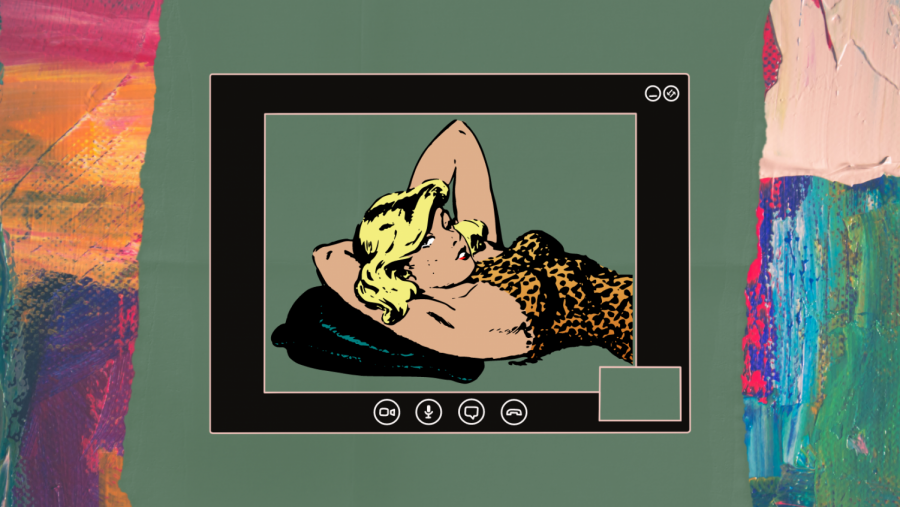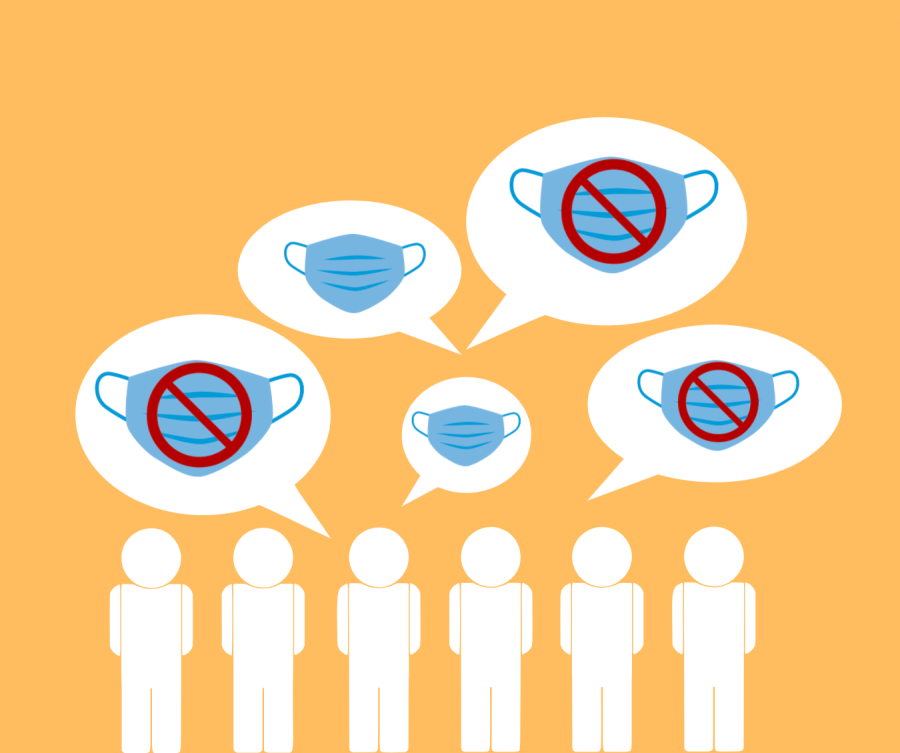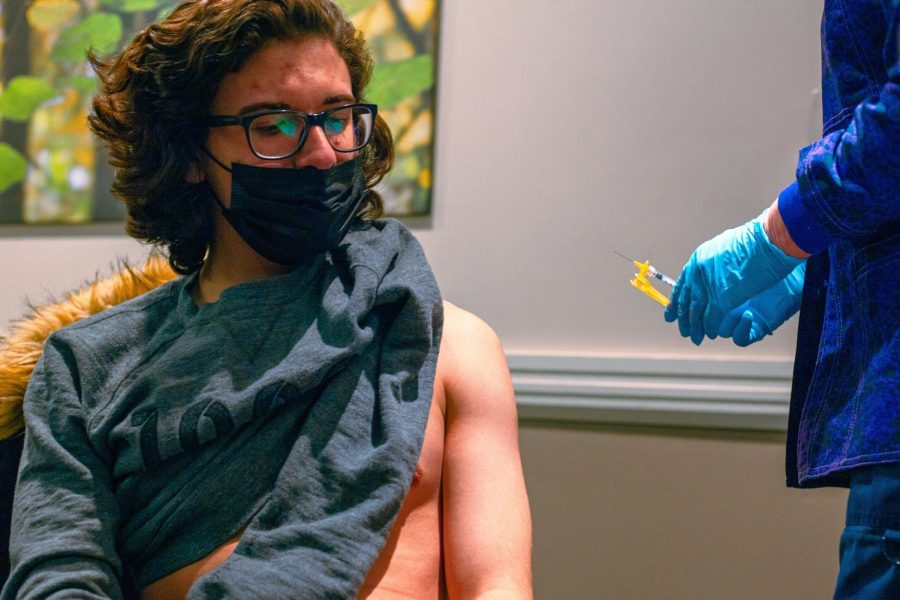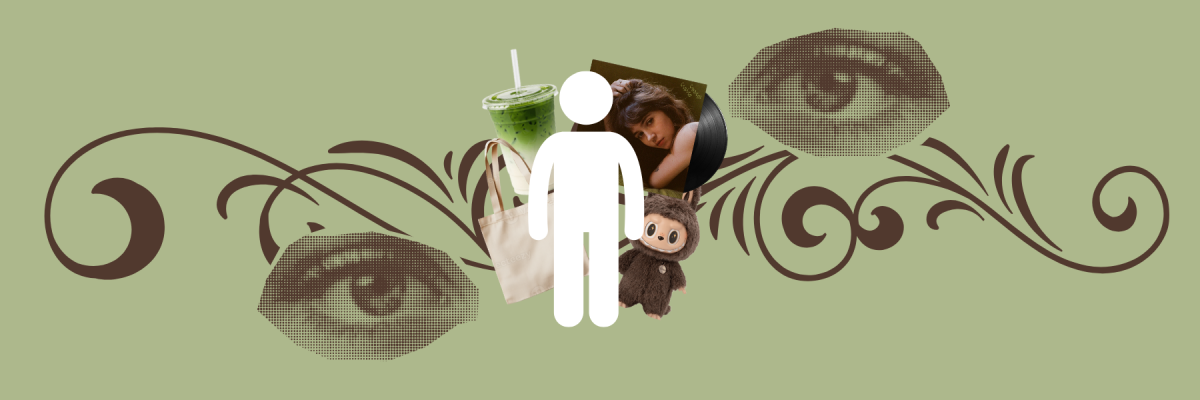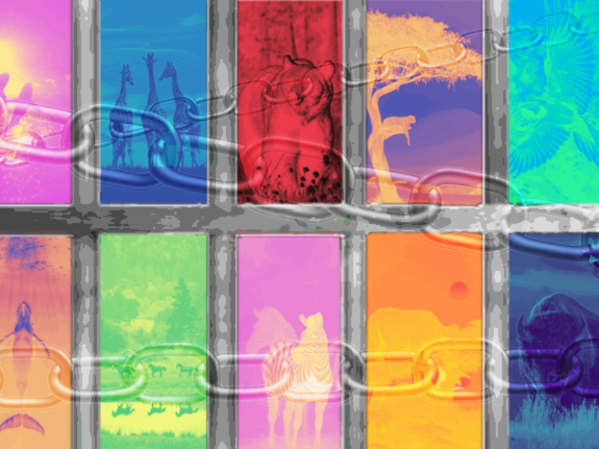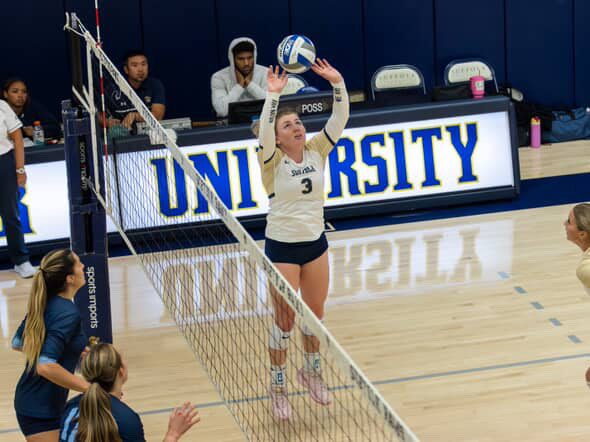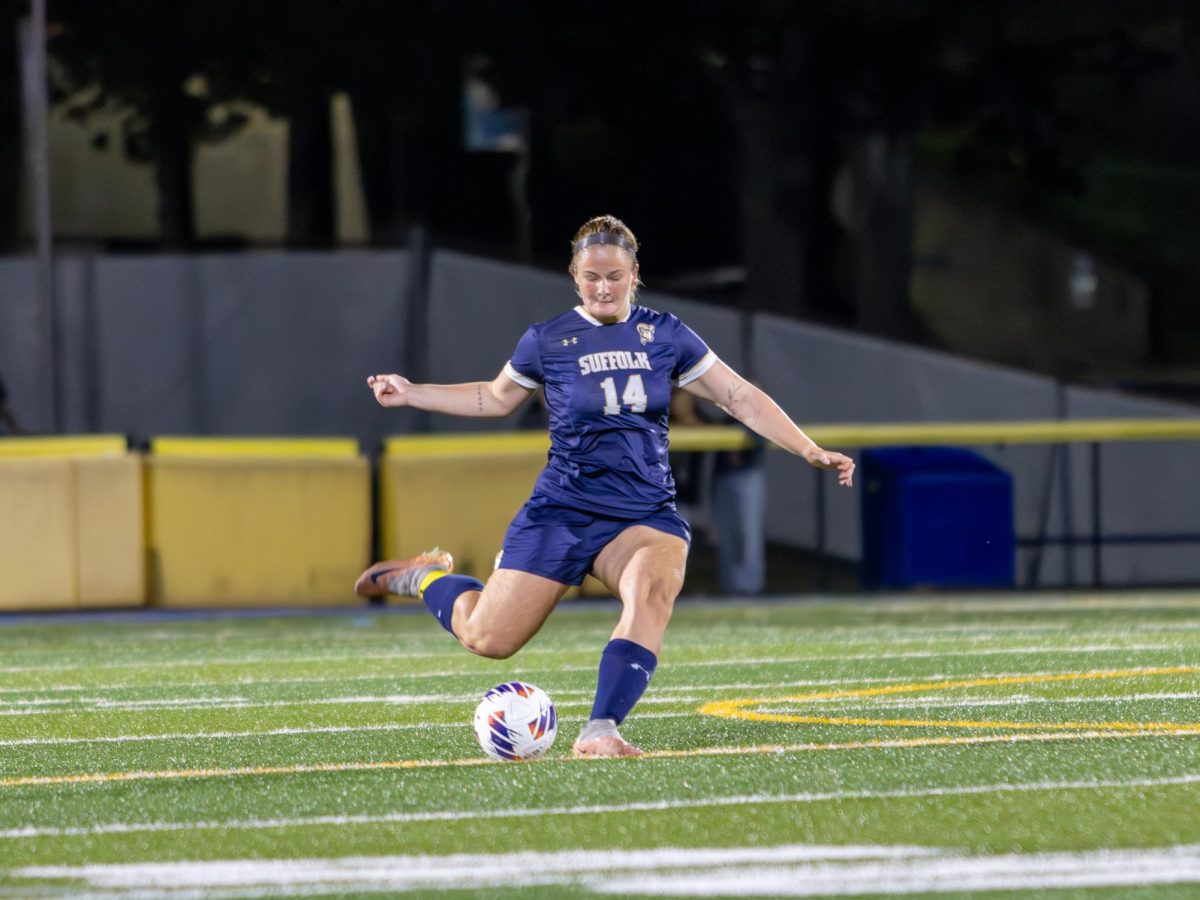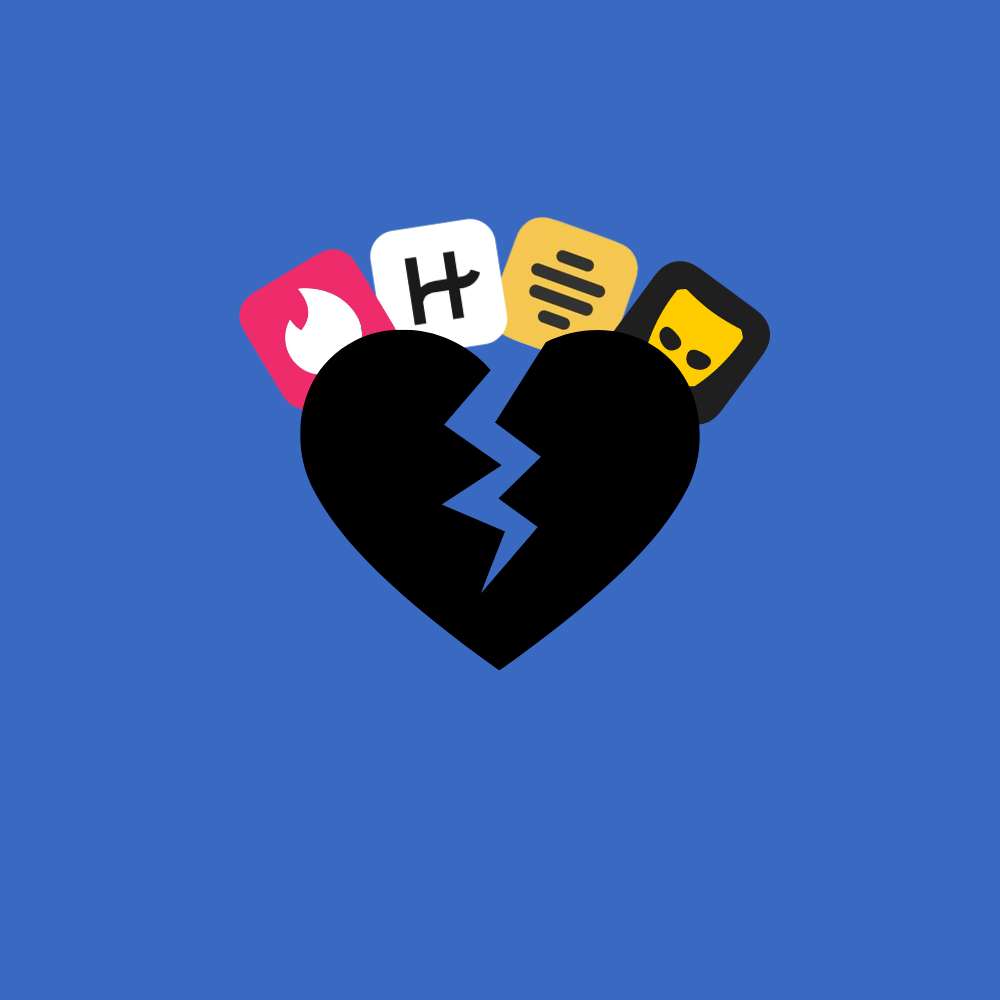Student and the City is a column dedicated to asking the big questions that all college-aged students are asking. It will explore different social concepts within the younger generations regarding relationships, lifestyle, social media and more.
Each morning throughout the last year has looked pretty much the same for many college students. Tired undergrads roll over in their bed at what feels like the crack of dawn and mindlessly click yet another Zoom link. They let their lecture grumble on without taking their head off their pillow—microphone and camera off.
It is an understatement to say that it is understandable students are feeling unmotivated during this pandemic. Learning from home is a struggle compared to the already challenging process of attending on-campus classes. On top of the Zoom fatigue each of us faces, we are expected to sit in the same spot staring at our screen and participate actively.
Imagine you are at a concert, except while the artist is performing on stage, your face is displayed on the jumbotron. Now, imagine you are in your unattractive work-from-home loungewear and the motivation-sucker, we call COVID-19, stole all of the extra energy it would take to brush your hair or fix your face. That is how I feel when my professor asks me to turn on my camera.
The question is: it is reasonable to expect college students to keep their cameras on during online class?
When asked how they felt about having to keep their Zoom camera on, Suffolk University students responded with predictable objection:
“I want to but my wifi is so bad that I often can’t. It really takes away from my experience. I do believe that students should be given the choice, though.”
“It is unfair to force students to have it on and to question when it is off and make them explain.”
“[It] should never be required and shouldn’t affect grades unless [the] student isn’t participating at all.”
Asking students to put themselves in the spotlight can cause major stress and anxiety. Keeping your camera on is not the same as sitting in a classroom, although professors might make this argument. When you attend an in-person lecture, you are facing the same way as all your fellow peers and have your own space and elements that share your attention. Shy students are given the option of sitting away from others while bolder, confident students can seek recognition up at the front. And, you can eat your breakfast muffin in the back row without anyone batting an eye.
Learning remotely, you can see every student up close, face-to-face. Feeling like everyone is watching you can cause students to feel uncomfortable and on-edge.
I will reluctantly admit that I often get distracted from someone talking while I stare at myself senseless in the little Zoom box. I am so consciously aware that everyone can see me. It takes away from the learning process and causes many to feel uneasy.
While learn-from-home life allows you to stay in your pajama pants and slippers all day, there is ironically more social pressure put on students’ appearance—above the table. Whether or not they dressed up for class pre-pandemic, many feel eyes looking for their flaws on their computer screens without the ability to hide. In an attempt to subside this worry, they somehow need to find the motivation and time to get ready while fighting their heavy workload, along with mental and physical obstacles of the year.
When you turn on your camera, you are inviting each Zoom member into your home. You are revealing the embarrassing childhood bedroom you are involuntarily confined to, your family members that insist on conducting their lives in their homes behind you and your pets that find the perfect time to carelessly stroll across your keyboard.
Not all students have the ideal, distraction-free environment to attend class. Some are required to care for family members or find a place at their job to listen to a lecture. The obligation to present your life in this way is a violation of privacy. It blurs the line between home life and personal life, which is a boundary that must be distinct, for your personal sanity.
Giving students the option to keep their camera on or off could give many the necessary relief needed during this time.


